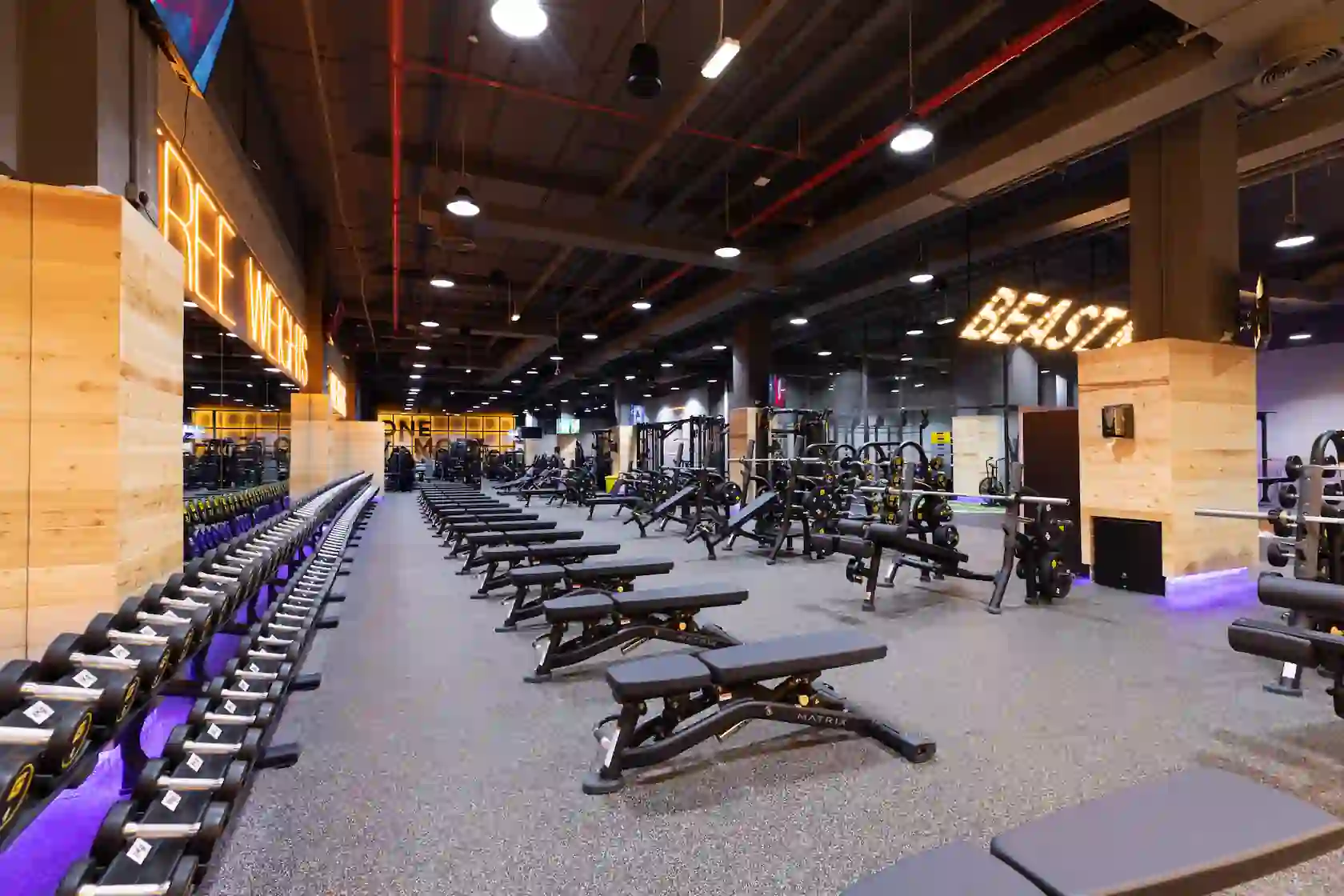How Personality Shapes Your Workout Routine

SIGN UP FOR YOUR FREE DAY PASS TODAY!
Why do some people love a 6 a.m. spin class while others hit their stride at night?
It’s not just discipline—your personality can influence when you’re most motivated to move and what keeps you consistent.
There’s no one perfect workout time for everyone, but aligning exercise with your natural tendencies can make staying active easier and more enjoyable.
Here’s how the Big Five traits can guide your routine, according to sport and performance psychology experts.
What's your go-to workout time?
Openness to Experience
Curious and imaginative people high in openness crave variety—new classes, fresh environments, and flexible schedules.
They may bounce between morning yoga, lunchtime walks, and evening dance classes. That spontaneity keeps things fun, though limited local options can make timing tricky.
Best time: Any time that keeps it fresh. Rotate formats and times to stay engaged.
Conscientiousness
Organized and goal-driven, conscientious folks are great at sticking to a plan.
There’s no set “best” time for them, but they thrive when workouts are scheduled and linked to clear goals. Many prefer mornings for the early win and focus it brings.
Best time: Early morning or midmorning—when energy, structure, and control align.
Extraversion
Extraverts get energy from others. They’re drawn to busy gyms, buzzy classes, and group hikes when the social vibe is strong.
The challenge is syncing schedules—especially for nontraditional work hours.
Best time: Late afternoon or early evening, when classes and crowds peak.
Agreeableness
Cooperative and empathetic, agreeable people are motivated by purpose and relationships.
Reframing workouts as self-care that benefits loved ones (more energy, positive modeling) can help.
Their schedules often follow family or group needs, so sustainability matters.
Best time: Whenever it fits with others—so long as it’s doable long-term.
Neuroticism
Those high in neuroticism tend to be more emotionally sensitive. Exercise can be a powerful tool for stress relief and mood regulation—and may offer especially strong benefits.
Consistency can be tough, so flexibility helps. Mornings provide grounding; evenings can be great for decompressing.
Best time: Whenever you feel the most emotional payoff—morning for structure or evening to unwind.
Getting Started
Not sure where you land—or what works best? Start simple and pay attention to what sticks.
- Start gradually: Begin with 10–20 minutes a few times a week. Consistency beats intensity.
- Tie it to a trigger: Link workouts to an existing habit (like after shutting your laptop).
- Track how you feel: Note mood and energy after different times to find your sweet spot.
- Make it fun: Choose activities you enjoy—dance, walk with a friend, lift, or bike.
- Build accountability: Plan workouts with a friend or book a class to stay on track.
Expert perspective
There’s no single “right” time to train by personality type. Use traits as a guide—not a rulebook. The best time is the one you’ll show up for and feel good doing.
When your routine reflects who you are, you’re more likely to stay consistent and reach your goals.
Source: eatingwell
The opinions shared in the GymNation blog articles are solely those of the respective authors and may not represent the perspectives of GymNation or any member of the GymNation team.
GET YOUR FREE TRIAL TODAY
































































































